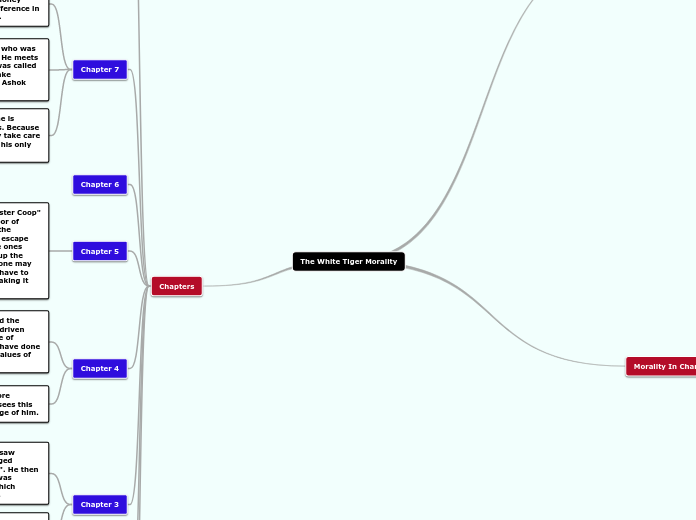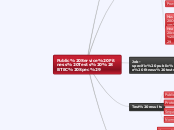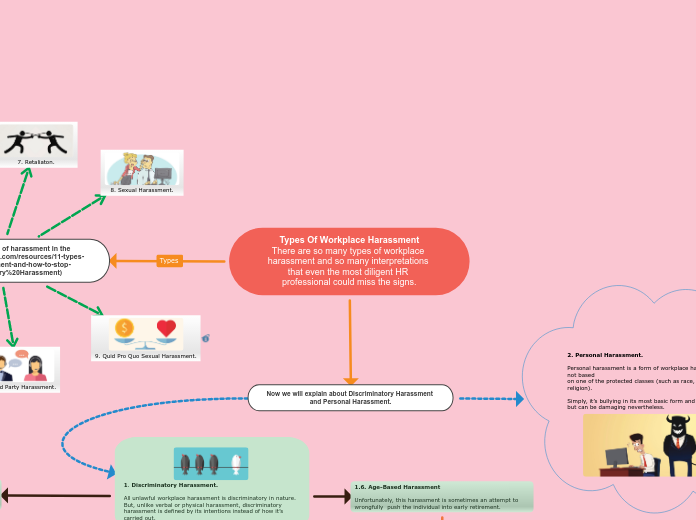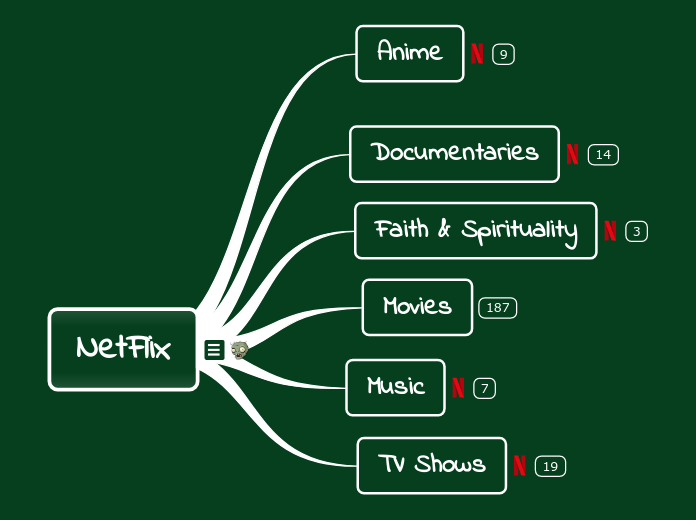The White Tiger Morality
Chapters
Chapter 1
Balram talks about the poverty that he grew up in. He says the darkness of India is a world away from the light. He talks about his mother's funeral at the ganga and how no one helps the darkness but embraces and romanticizes the history of it.
This shows how the light is trying their best to keep away from the darkness and make sure that the world perceives India as a great country disregarding the Darkness that it has.
Belram discusses the old caste system and how after it was abandoned the city turned into a jungle where you are either the prey or the predator
Balram talks about his office with a luxurious chandelier after escaping from the "darkness" and finally entered the "light". He states that he doesn't fully believe in his religion but he still begins his letter with a prayer because the tradition is embedded within him.
The book relates the poor with "Darkness" and the rich with "Light". This shows the two sides that this book is split into.
Chapter 2
Balram explains the toxic relationship between servants and drivers and how they would compete in everything they did.
After being allowed to take driving lessons by his grandmother, the instructor shows prejudice towards Balram because of his caste which meant that he was a sweet maker.
This shows the negative effects of the caste system and how destructive it was at the time and now that it is abandoned people can work jobs outside of their preset boundaries
Chapter 3
Balram discovers that Ram is a muslim and the masters are prejudiced against them so Balram uses this to his advantage and blackmails Ram to become the number one servant
This relates to the theme of faith being a traditional value in Indian Society despite Balram taking advantage of that fact
Balram tells the story of when he saw someone rebelling against the rigged election and calls him a "madman". He then downplays the fact that the man was beaten to death by a policeman which shows how it was a regular event.
In the story India is seen to be a morally corrupted society so much so that police killings is seen as normal
Chapter 4
Balram discovers that Ashok is more vulnerable than the other and he sees this as an opportunity to take advantage of him.
This is when the power shifts over from Ashok to Balram and shows that despite the rich usually having the power, the stronger mind is the one with the true power.
After Ashok and the Mukesh bribed the government officials, while being driven back by Balram, they pass a statue of Ghandi. Ashok realizes what they have done and how they have betrayed the values of Ghandi by doing so.
This shows the shift in moral values in India and how they have strayed from Ghandi's ideals of being honest and positive worker.
Chapter 5
This is where the idea of the "Rooster Coop" is introduced. He compares the poor of India to Rooster and the wealthy the butchers. He says the only way to escape this cage is by being willing to see ones family get destroyed. This brings up the debate on morality because someone may want to leave the cage but would have to see their family die by doing so making it immoral.
This brings back the notion of hierarchy and how the rich are controlling of the poor in this India. This also brings up the morals of the people in the "Cage". It questioning to them whether if one should leave or no one should leave as they do not want to see their family die.
Chapter 6
Chapter 7
After Killing Ashok, Balram feels he is morally responsible for his actions. Because of this, he spends time to properly take care of Ashoks body and take Dharam, his only family member, under his wing.
Despite Balram's moral compass being ruined from what it was once before, he still has a sense of good in him which is why he cares for Dharam.
Balram visits the zoo with Balram who was sent by Kusum from Laxmangarh. He meets the white tiger which is what he was called by the inspector long ago. This make Balram finalize the decision to kill Ashok and take control.
Balram's morals are getting worse, as he decides that he truly wants to kill Ashok. He belives that just like the White Tiger he does not want to live in the cage serving the rich and wants to break out using the zoo as a metaphor to drive his ambition.
Balram starts to believe that he is more deserving than Ashok. He steals money from Ashok and this shows the difference in morals between the rich and poor.
People have different morals, and this is shown in this scene. Balram believes he more deserving of money. This shows how the morals of the poor can be driven by desperation and jealousy.
Chapter 8
Lastly, Balram believes that in order to escape oppression in India one must have to let go of his morals and take control of his or her own future. He also thinks that the murder and the deaths of his family are justified because of the major difference between the rich and the poor as well as how the poor do not have room for advancement.
Everyone has a slightly different set of moral and this is an example of that. Balram think that what he is doing is right but someone on the other end may see this as wrong and cruel. This once again sparks the debate between what is truly ethical and unethical or what is truly right and wrong.
With the situation of the death of the person with his driver Mohammed. He feels a morally obligated feeling that the death is on his shoulders as he had bribed the police. He goes to the family of the victim and gives them an envelope of cash. Although he can afford to give them the donation he still puts his interest above anyone else's.
This shows that Balram really does still have a good sense of morals despite acting the way Ashok and his family did. This shows how far some people will go to feel a sense of security
Balram talks about how he has now escaped the "rooster coop" and is free from the control of the wealthy. He compares his murder to murders committed by the rich and he believes that he still has a good sense of morality. he justifies this murder by calling himself the white tiger and saying that to truly become what he is destined to be, he had to kill Ashok.
Balram believe he has a good moral compass and is justifiable since the people in the "light" of India kill and murder whoever they please to maintain their wealth and Balram says he is not like this.
Morality In Characters
Balram
Balram begins the story as an innocent boy who follows the rules but slowly transitions into someone who thinks of themselves before anyone else and justifies the murder of his master. Balram's moral compass is essentially flipped over the course of the story, however he believes this change was necessary in order to escape the trap of poverty and the "rooster coop". After killing his master, his moral compass takes a complete turn and he is now as corrupt as the people he despised so much once before. Despite this, Balram realizes the crimes he has committed and promises not to treat his employees at the end of the story like slaves and instead as actual employees which shows that he still has a sense of right and wrong
Ashok
Throughout the majority of the story, Ashok has a good sense of morality. Ashok frequently questions the methods of his family and realizes what they are doing is wrong by bribing the government and taking advantage of the lower class. However, after his wife Pinky leaves him, he begins a downward spiral in self destruction and his moral compass becomes just like the rest of his family members'
The Animals
The Stork and his family are shown to have a corrupt moral compass throughout the story. They frequently bribe politicians and constantly exploits the poor around them for financial gain. The animals are very selfish and always put themselves before anyone else. Their sense of morality is so skewed that at one point in the story, The Mongoose and The Stork decide to pin the murder of an innocent child on Balram when in reality it was committed by Pinky
What is Morality?
Attributes
Everyone's moral compass is slightly different. One's moral compass depends on their character and their past life experiences
Higher class and wealthier people commonly are more selfish and think about themselves before anyone else
However, the roles can be reversed here where the higher class person puts others before themselves and the lower class is more selfish
Lower class people commonly think about others before themselves and do what is good for the public instead of personal gain
Deciding what is good vs what is bad
Personal vs public gain
Is the basis for the discussion on ethics
The Debate between right and wrong
Dictionary Definition
"Principles concerning the distinction between right and wrong or good and bad behavior."









